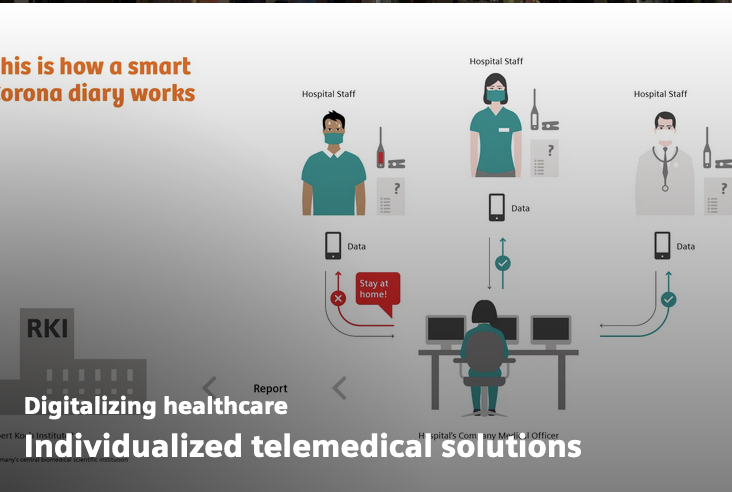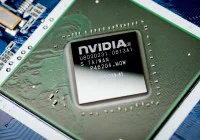We cannot predict the future, but we can prepare for a future that is increasingly unpredictable. With creativity, courage, and the power to get things done, we are preparing to master tomorrow’s challenges with today’s innovations.
Medicine today primarily focuses on treating disease – but in the future, it will increasingly be able to prevent disease. We are forming a healthcare system that is becoming more personalized, more precise, more preventative, and more supportive. Right now, creative minds around the world are generating outstanding ideas for our future. And together with our partners, we are transforming those ideas into innovations that serve healthcare professionals and make optimal care accessible to everyone.
Augmented reality has arrived in the operating room
Augmented reality is a way to render data and tightly couple information from the real and the virtual world. Superimposing information onto the field of view has the potential to make medical training much more effective – and it has already arrived in operating rooms. A 3D representation of a patient’s anatomy is generated from CT images and directly projected onto the surgical field. These renderings improve the surgical team’s perception, while smart navigation software guides critical steps of the intervention.

I never imagined that the image of the object would be in such high resolution. I had seen the photorealistic image on the computer screen, but seeing a spatial representation of the heart in 3D in this quality is something else altogether.
Muhannad Alkassar, MD, Pediatric Cardiologist, University Hospital Erlangen
Artificial intelligence helps physicians make more informed decisions
Whenever analyses are too difficult, time-consuming, or inefficient to perform alone, artificial intelligence (AI) provides valuable assistance to clinical professionals, allowing them to stay focused on their patients and better use their own expertise. AI-enabled tools identify meaningful relationships in raw data, extract relevant insights, and apply those lessons to new patient cases.By helping physicians make more informed clinical decisions, AI is an indispensable tool in all fields of healthcare, including drug development, patient care, and operational decisions.

AI applications will allow us to diagnose patients faster, more consistently, and with fewer errors, so we stand to gain not only time but also confidence – confidence in the robustness of the diagnosis and time to talk to the patient.
Ralf Bauer, MD, partner at RNS Gemeinschaftspraxis Wiesbaden
Read the full article here
For the latest Decision Support storiesClick Here
Source:Siemens Healthineers





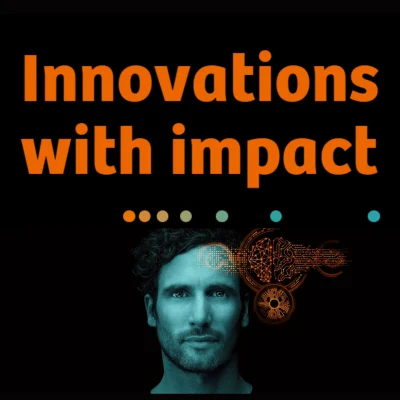
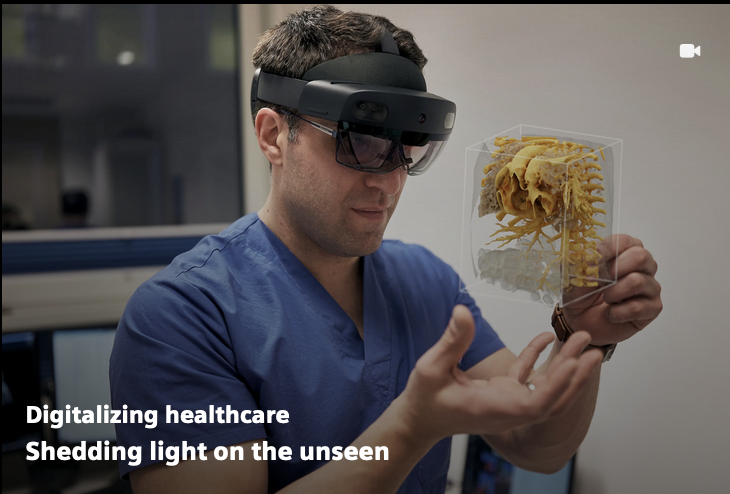


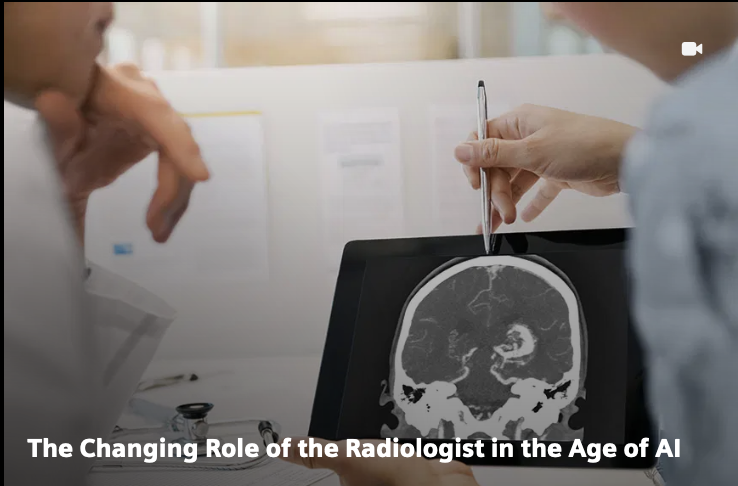

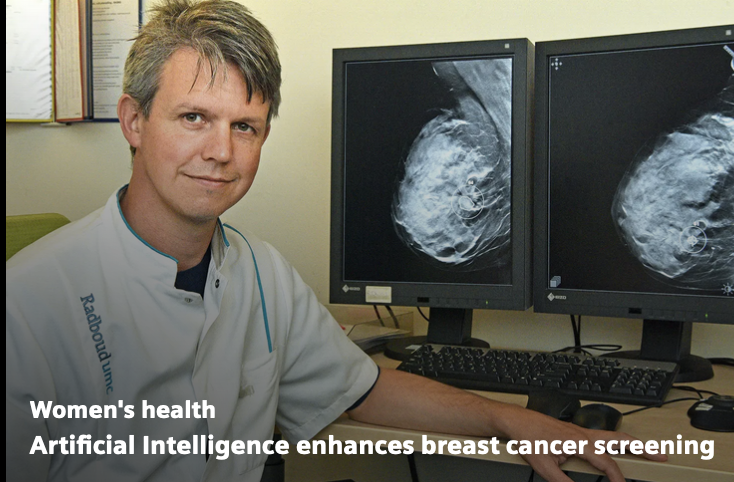 \
\